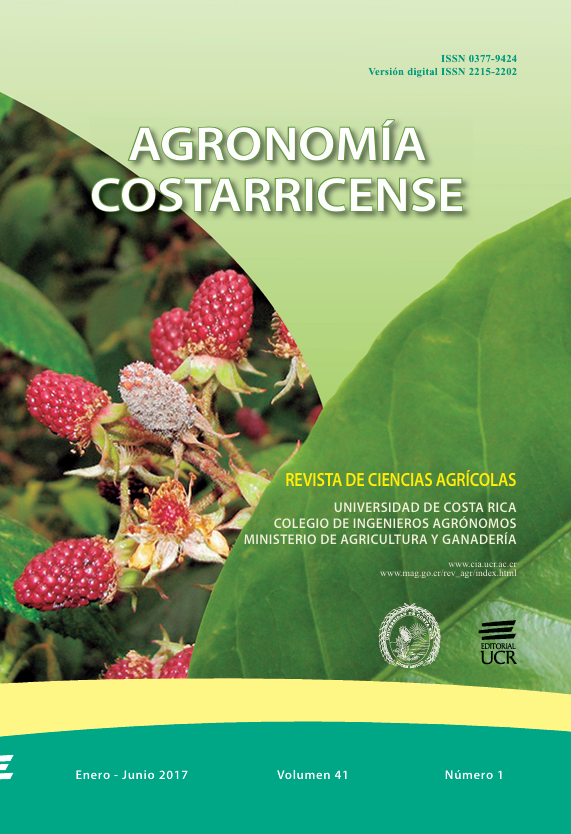Abstract
Molecular detection of transgenic DNA sequences in human food and animal feed in Costa Rica. Since the introduction of genetically modified (GM) crops, there has been a continuous growth in adoption of the technology and in commercialization of food and feed products derived from GM crops worldwide. Governments and organizations have developed methods for rapid and high throughput screening of GM-derived foods and feeds, to verify compliance with labelling regulations aimed at providing information to consumers. The objective of this study was to determine the presence of DNA sequences, derived from GM maize and soy, in a range of unprocessed and processed foods and feeds commercialized in Costa Rica, a market without regulations to indicate transgenic content in the labelling. The standard end-point qualitative method of polymerase chain reaction (PCR) was used for detection of GM material, the common regions of the 35S promoter and the NOS terminator, followed by the specific detection of maize Bt11, MON810, GA21, and NK603 events, as well as the soybean GTS 40-3-2 event, in a selection of foods and feeds available in Costa Rica. The overall results of the GM crops screening were: 86% for the 35S promoter, 72% for NOS terminator and 40% for identified events. The most frequently detected events were MON810, NK603 and Bt11. The results showed that GM crops-derived foods and feeds are found in the local market, and that the significance and viability of product labelling, to provide information to consumers, should be addressed by competent authorities. However, quantitative studies on the routine analyses are still needed, to detect if the threshold of GM material, set by the European Union GM food and feed regulation, has been exceeded.
##plugins.facebook.comentarios##

This work is licensed under a Creative Commons Attribution-NonCommercial-NoDerivatives 4.0 International License.
Copyright (c) 2017 Agronomía Costarricense


